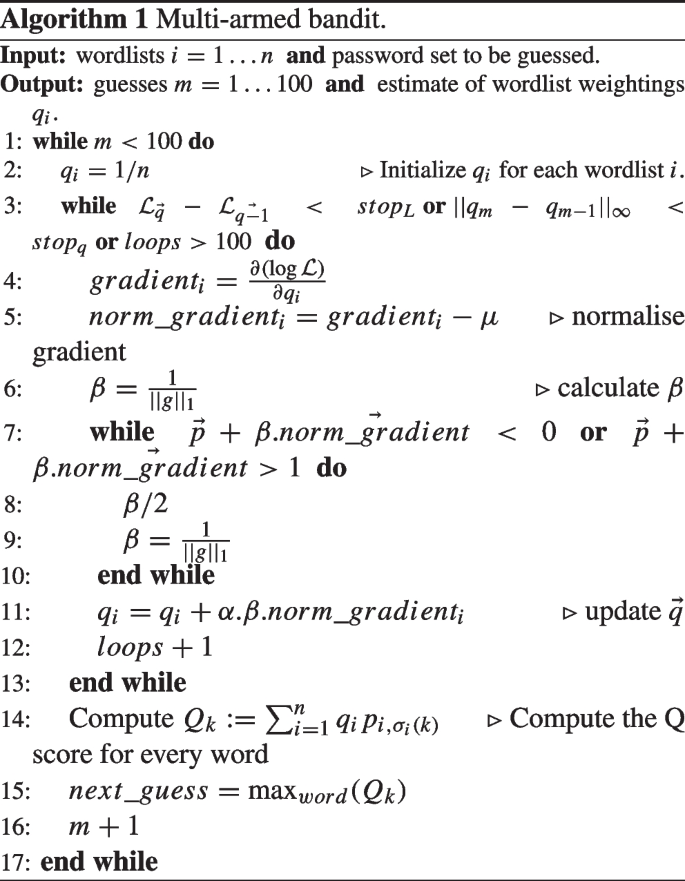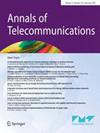自适应密码猜测:学习语言、国籍和数据集来源
IF 2.2
4区 计算机科学
Q3 TELECOMMUNICATIONS
引用次数: 0
摘要
人工选择的密码通常是可预测的。研究表明,人口统计数据相似或为同一网站选择密码的用户通常会选择相似的密码。人类密码猜测者利用这些知识来定制攻击。在本文中,我们证明了学习算法可以在猜测时主动学习密码的这些相同特征,并且可以利用这些信息自适应地改进其猜测。此外,我们还表明,如果我们根据这些特征划分候选单词列表,那么多武装土匪式的猜测算法可以自适应地从单词列表中选择猜测,这将最大限度地提高成功率。本文章由计算机程序翻译,如有差异,请以英文原文为准。

Adaptive password guessing: learning language, nationality and dataset source
Human chosen passwords are often predictable. Research has shown that users of similar demographics or choosing passwords for the same website will often choose similar passwords. This knowledge is leveraged by human password guessers who use it to tailor their attacks. In this paper, we demonstrate that a learning algorithm can actively learn these same characteristics of the passwords as it is guessing and that it can leverage this information to adaptively improve its guessing. Furthermore, we show that if we split our candidate wordlists based on these characteristics, then a multi-armed bandit style guessing algorithm can adaptively choose to guess from the wordlist which will maximise successes.
求助全文
通过发布文献求助,成功后即可免费获取论文全文。
去求助
来源期刊

Annals of Telecommunications
工程技术-电信学
CiteScore
5.20
自引率
5.30%
发文量
37
审稿时长
4.5 months
期刊介绍:
Annals of Telecommunications is an international journal publishing original peer-reviewed papers in the field of telecommunications. It covers all the essential branches of modern telecommunications, ranging from digital communications to communication networks and the internet, to software, protocols and services, uses and economics. This large spectrum of topics accounts for the rapid convergence through telecommunications of the underlying technologies in computers, communications, content management towards the emergence of the information and knowledge society. As a consequence, the Journal provides a medium for exchanging research results and technological achievements accomplished by the European and international scientific community from academia and industry.
 求助内容:
求助内容: 应助结果提醒方式:
应助结果提醒方式:


